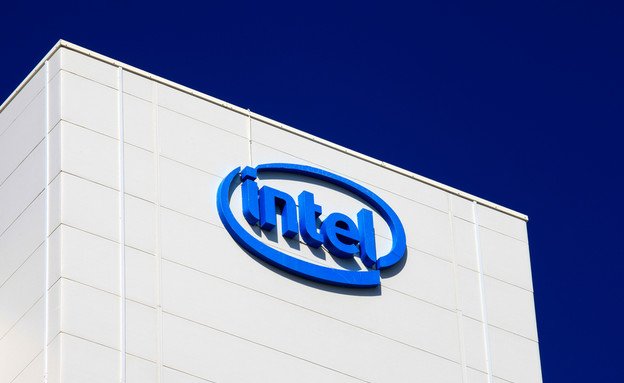
A month after Apple began selling computers with an M1 processor it made instead of Intel chips, Microsoft is also set to end its long-standing deal with Intel.
Globes
| Posted 19/12/20 09:29

Intel, Archive | Photography: StockStudio, Shutterstock
Microsoft plans to start using the chips it manufactures and end its long-standing contract with Intel – which has designed the chips for its Windows computers so far, according to a report released tonight (Friday-Saturday) in Bloomberg. Intel shares fall in late trading by more than 6%.
For more updates and to send your stories – visit the news Facebook page
“We continue to invest our capabilities in areas such as design and manufacturing, while cultivating and strengthening partnerships with a wide range of chip vendors,” said Microsoft spokesman Frank Shaw.
The report comes a month after Apple began selling computers that have an M1 processor it manufactured, instead of Intel chips. About a month ago, Apple first introduced a self-developed processor based on British ARM technology, which will replace Intel’s hardware in the company’s computers. At the same time, the company has launched three new computers – the Mac mini and the MacBook Air and MacBook Pro laptops with 13-inch screens – which will be sold with Apple’s new M1 chip. Apple plans to move its entire computer collection to operate on self-developed chips within two years.

According to reports, Microsoft chips are based on ARM technology, which Anvidia acquires from Softbank. This is the largest acquisition ever in the chip industry, in which Anvidia acquires the British company ARM from Softbank for more than $ 40 billion.
ARM is developing technology for chips of end devices such as smartphones and computers. Its business model is not based on chip manufacturing, but on licensing the use of its technology in exchange for royalties.
No response was received from Intel.
The original article was published on the Globes website